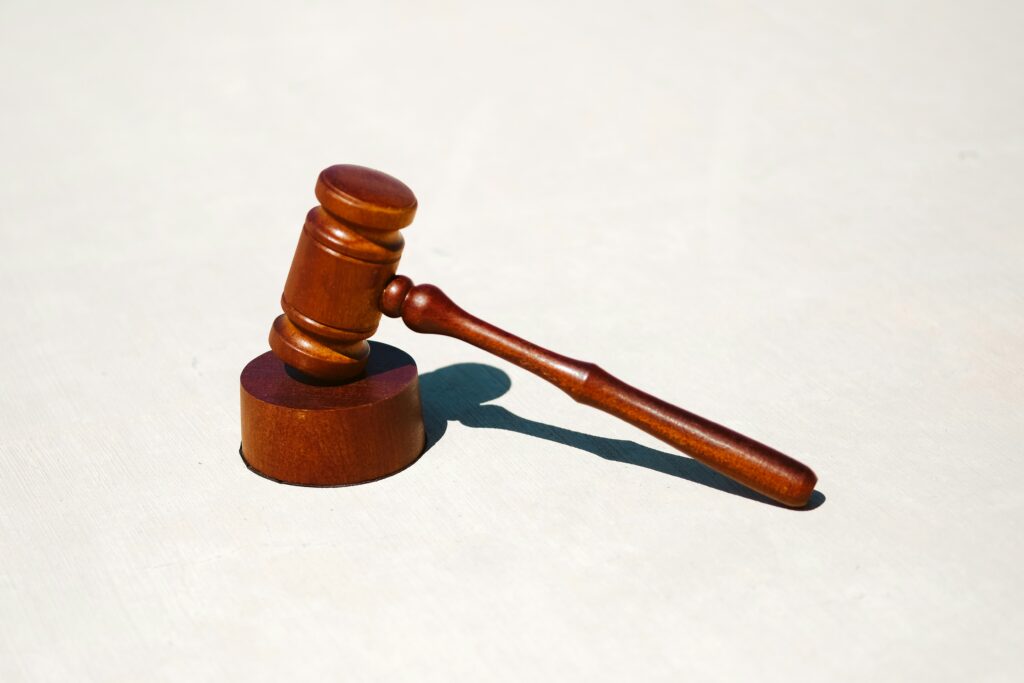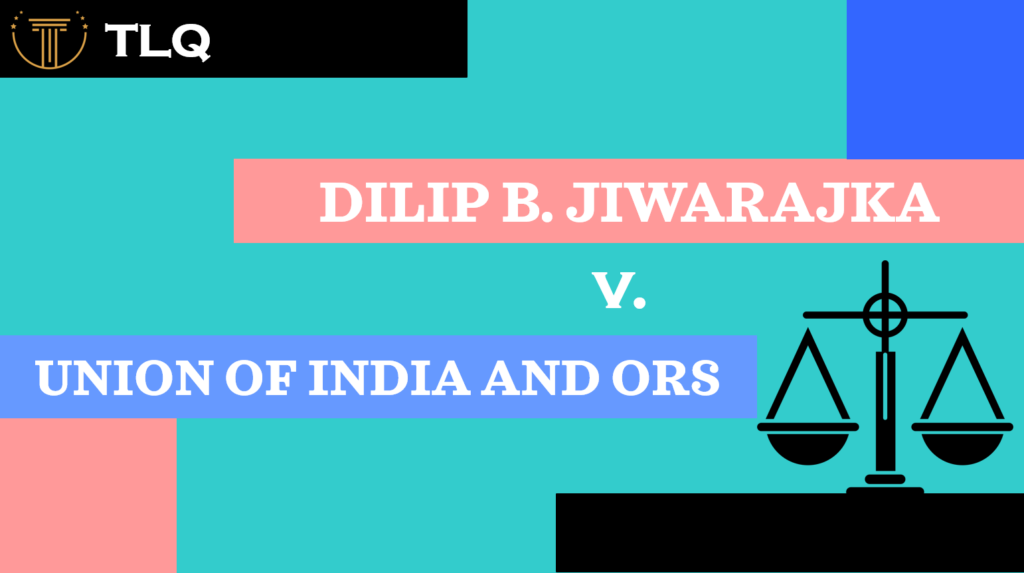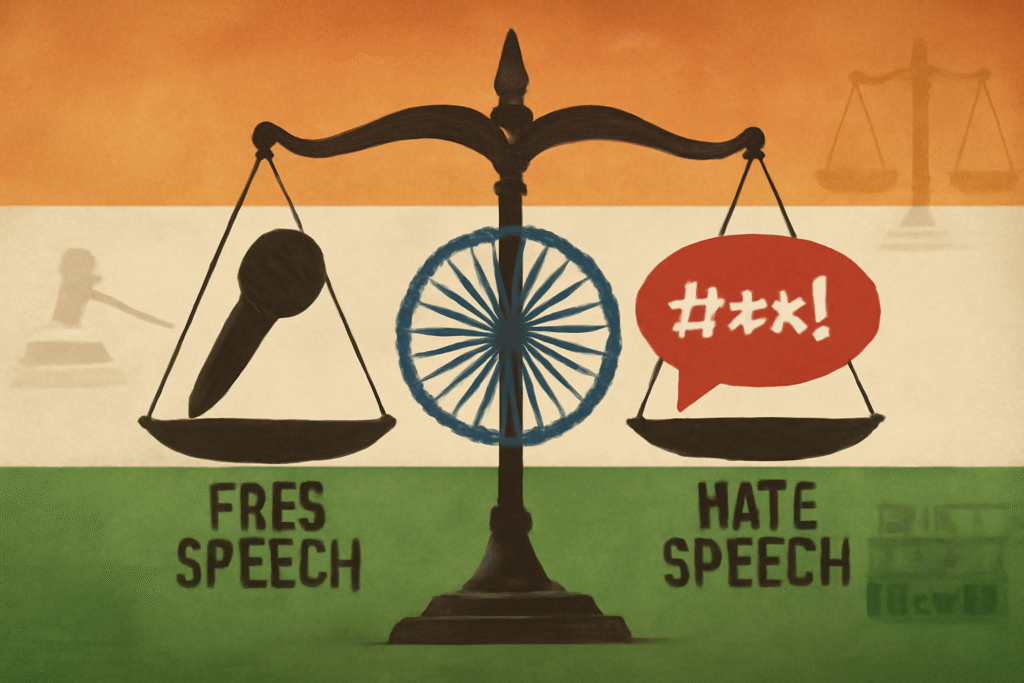Published On: August 21st 2025
Authored By: Sukanya Das
Binoda Law College, Kazi Nazrul University, Asansol, West Bengal
Introduction
Artificial Intelligence (AI) has become one of the most transformative forces shaping societies worldwide. Its promise ranges from efficient governance to medical breakthroughs. Yet, as AI systems permeate decision-making processes, they pose significant challenges to fundamental human rights — privacy, equality, freedom of expression, and due process. Striking a balance between technological advancement and human rights protection has become a global governance imperative.
The Global Human Rights Concerns Around AI
Internationally, governments and organisations have recognised the risks of unregulated AI. In 2019, the United Nations Office of the High Commissioner for Human Rights (OHCHR) flagged privacy intrusions, algorithmic bias, and opaque automated decision-making as threats to civil liberties.[1]
Predictive policing tools and facial recognition software, widely deployed across Europe and the US, have amplified concerns of mass surveillance and racial profiling.[2] The European Union’s General Data Protection Regulation (GDPR) and its proposed AI Act respond to these risks by establishing rights-based guardrails for AI development and deployment.[3]
UNESCO, through its Recommendation on the Ethics of Artificial Intelligence (2021), has become the first global body to articulate a comprehensive framework to ensure that AI respects human dignity, equality, and non-discrimination.[4] The Council of Europe has also issued guidelines urging member states to design AI policies that uphold the European Convention on Human Rights.[5]
India’s Approach: Challenges and Opportunities
In India, AI adoption is accelerating, with applications in welfare delivery, healthcare, and law enforcement. NITI Aayog’s National Strategy for Artificial Intelligence envisions AI as a tool for inclusive growth and governance efficiency.[6]
However, civil liberties groups like the Internet Freedom Foundation (IFF) have flagged the lack of comprehensive data protection and algorithmic accountability mechanisms.[7] India’s ambitious plans to integrate facial recognition in policing and public spaces raise fears of mass surveillance without adequate safeguards.[8]
The absence of a robust data protection law — despite repeated attempts to pass the Digital Personal Data Protection Bill — leaves citizens vulnerable. Additionally, marginalised communities face the risk of algorithmic discrimination due to biased datasets and opaque decision-making.[9]
Case Studies: When AI Clashes with Human Rights
- The EU’s Facial Recognition Debate
In the European Union, cities like London and Amsterdam have faced lawsuits challenging real-time facial recognition on the grounds that it violates the right to privacy and freedom of assembly.[10] The European Court of Human Rights has repeatedly stressed the chilling effect of intrusive surveillance on democratic freedoms.[11] - India’s Automated Policing
In India, the Delhi Police’s deployment of facial recognition at protests has been criticised for violating Article 21 of the Constitution (Right to Life and Personal Liberty).[12] Critics argue that the lack of judicial oversight and clear usage guidelines enables profiling and stifles dissent.[13]
Principles for Striking the Balance
Drawing from international best practices, striking a fair balance requires clear legal frameworks anchored in human rights principles. The UNESCO Recommendation emphasises transparency, fairness, and human oversight.[14] The OECD’s AI Principles encourage human-centric design and accountability.[15]
India must ensure that any national AI policy is integrated with a robust data protection law. The Supreme Court’s landmark ruling in Justice K.S. Puttaswamy v. Union of India (2017) recognised privacy as a fundamental right.[16] This constitutional benchmark must inform all AI-related regulations.
Moreover, impact assessments, algorithmic audits, and grievance redressal mechanisms are critical. The EU AI Act proposes risk-based classifications for AI systems, prohibiting high-risk uses such as social scoring.[17] A similar risk-based approach could work in India to balance innovation and fundamental rights.
Towards Equitable AI Governance
Globally, there is increasing recognition that AI governance should be inclusive. Developing nations must not become passive consumers of AI technologies designed in the Global North. UNESCO and the OECD stress the need for capacity-building and international cooperation to close the AI governance gap. In India, fostering indigenous AI innovation with strong ethical guidelines could help address social and economic disparities. Civil society must have a seat at the table to ensure that AI deployment does not deepen structural inequalities.
Conclusion
Artificial Intelligence (AI) has emerged as a defining force in the twenty-first century, reshaping how societies function, governments operate, and individuals engage with the world. However, enthusiasm for technological advancement must not overshadow the fundamental principles of human dignity, equality, privacy, and freedom that underpin democratic societies. As AI technologies continue to evolve, the challenge for policymakers, technologists, and civil society is to ensure that these technologies are deployed in a manner that respects and promotes human rights rather than undermining them.
AI’s rapid adoption across healthcare, law enforcement, education, and public welfare delivery has highlighted the need for robust governance frameworks capable of addressing the ethical and legal challenges associated with its use. Algorithmic bias, opacity in automated decision-making, and the risk of mass surveillance necessitate clear, rights-based regulation. Without transparency and accountability, AI risks perpetuating discrimination and infringing upon civil liberties, undermining the democratic ideals societies strive to protect.
India, with its rapidly growing digital economy and ambitions to become a global AI leader, has a critical role to play in shaping the discourse around AI and human rights. The Indian Constitution, with its emphasis on fundamental rights, provides a strong foundation for developing AI policies that prioritise human dignity and privacy. The Supreme Court’s landmark judgment in Justice K.S. Puttaswamy v. Union of India reaffirmed privacy as a fundamental right, underscoring the necessity of embedding privacy protections within all AI governance frameworks.
Moreover, India must focus on building institutional capacity for ethical AI development and deployment. This includes investing in education and training for policymakers, technologists, and legal professionals to understand AI’s implications on human rights while equipping them to develop effective regulatory responses. It also involves fostering interdisciplinary collaboration to ensure policies are technologically informed and grounded in constitutional and human rights principles.
The role of civil society and academia in shaping AI governance in India cannot be understated. Independent audits, algorithmic impact assessments, and public consultations should become integral to India’s AI policy approach to ensure accountability and transparency. Initiatives like regulatory sandboxes can be employed to test AI systems in controlled environments, ensuring that they align with societal values before mass deployment.
At the global level, the need for cooperative frameworks and binding international standards is evident. Bodies like UNESCO and the OECD have developed guidelines stressing transparency, accountability, and human oversight in AI systems, providing a foundation for global governance. However, these frameworks need to evolve into enforceable regulations to ensure that AI does not become a tool for oppression, surveillance, or systemic discrimination.
The ethical deployment of AI also requires companies and developers to adopt principles of fairness, inclusivity, and explainability. They must conduct algorithmic audits to detect biases and establish mechanisms to address grievances arising from AI-driven decisions. Public awareness and digital literacy campaigns should be prioritised to empower individuals to understand their rights concerning AI and data use.
In conclusion, achieving a balance between technological innovation and the protection of human rights is not only possible but essential for building societies where technology serves as a means to enhance human potential rather than control or exploit it. By aligning AI governance with constitutional values and international human rights standards, India and other nations can harness the benefits of AI while safeguarding the rights and freedoms of their citizens.
The journey toward responsible AI governance requires continuous dialogue, legal and technological innovation, and an unwavering commitment to upholding the principles that define a just, democratic, and equitable society. As AI continues to redefine the contours of global governance, it is imperative to ensure that the technology aligns with the shared values of humanity, ensuring that no individual or community is left behind in the pursuit of progress.
References
[1] United Nation Human Rights, ‘A/HRC/39/29: The Right to Privacy in the Digital Age – Report of the United Nations High Commissioner for Human Rights’ (3 August 2018) <https://www.ohchr.org/en/documents/thematic-reports/ahrc3929-right-privacy-digital-age-report-united-nations-high> accessed 9 July 2025.
[2] Tatjana Evas European Parliament, ‘Civil Liability Regime for Artificial Intelligence’ (September 2020) <https://www.europarl.europa.eu/RegData/etudes/STUD/2020/654178/EPRS_STU(2020)654178_EN.pdf> accessed 11 July 2025.
[3] Council of Europe, ‘Council of Europe, Guidelines on Artificial Intelligence and Data Protection’ (30 January 2019) <https://www.coe.int/en/web/artificial-intelligence/-/new-guidelines-on-artificial-intelligence-and-data-protection> accessed 9 July 2025.
[4] UNESCO, ‘UNESCO, Recommendation on the Ethics of Artificial Intelligence’ (25 June 2021) <https://unesdoc.unesco.org/ark:/48223/pf0000377897> accessed 9 July 2025.
[5] ibid.
[6] Kumar Arnab and P. Anandan, ‘NITI Aayog, National Strategy for Artificial Intelligence #AIforAll’ (June 2018) <https://www.niti.gov.in/sites/default/files/2023-03/National-Strategy-for-Artificial-Intelligence.pdf> accessed 9 July 2025.
[7] Bureau of Democracy, Human Rights, and Labor US Department of State, ‘Internet Freedom and Technology and Human Rights’ (20 January 2021) <https://2021-2025.state.gov/internet-freedom-and-technology-and-human-rights/> accessed 9 July 2025.
[8] Jauhar Ameen and others, ‘Vidhi Centre for Legal Policy, Facial Recognition and the Right to Privacy’ (August 2021) <https://vidhilegalpolicy.in/wp-content/uploads/2021/08/210805_FRT_Paper1_Primer-Lit-Review_final.pdf> accessed 9 July 2025.
[9] ibid.
[10] Madiega Tambiama and Mildebrath Hendrik, ‘European Digital Rights (EDRi), Facial Recognition: A Threat to Fundamental Rights’ (September 2021) <https://www.europarl.europa.eu/RegData/etudes/IDAN/2021/698021/EPRS_IDA(2021)698021_EN.pdf#:~:text=This%20paper%3A%20%281%29%20provides%20an%20overview%20of%20the,EU%20artificial%20intelligence%20act%2C%20regulating%20facial%20recognition%20technologies.> accessed 10 July 2025.
[11] Council of Europe, ‘Liberty v. United Kingdom, App. No. 58243/00, Eur. Ct. H.R.’ (1 July 2018) <file:///C:/Users/mituv/Downloads/001-87207.pdf> accessed 11 July 2025.
[12] Tripathi Gyan Prakash and Jain Anushka, ‘Delhi Police’s Use of Facial Recognition Technology’ (22 August 2022) <https://www.thehindu.com/sci-tech/technology/explained-delhi-polices-use-of-facial-recognition-technology/article65793897.ece> accessed 11 July 2025.
[13] Internet Freedom Foundation, ‘Internet Freedom Foundation’ (1 June 2025) <https://internetfreedom.in/digipub-seeks-to-intervene-in-in-the-sahyog-censorship-case-in-karnataka-hc/> accessed 11 July 2025.
[14] UNESCO, ‘Ethics of Artificial Intelligence Recommendation’ (26 September 2023) <https://unesco.org.nz/knowledge-hub/ethics-of-artificial-intelligence-recommendation#:~:text=In%202021%20UNESCO%20produced%20the%20first-ever%20global%20standard,framework%20was%20adopted%20by%20all%20193%20Member%20States.> accessed 7 July 2025.
[15] OECD AI Principles, ‘OECD, Principles on Artificial Intelligence (2019)’ (2019) <https://www.oecd.org/en/topics/ai-principles.html> accessed 11 July 2025.
[16] Lakshmi Ritansha, ‘Justice K.S. Puttaswamy (Retd.) v. Union of India, (2017) 10 SCC 1 (India)’ (2017) <https://lawlex.org/lex-bulletin/case-summary-k-s-puttaswamy-retd-v-s-union-of-india-2017/18929> accessed 11 July 2025.
[17] European Commission, ‘Proposal for a Regulation Laying down Harmonised Rules on Artificial Intelligence’ (21 April 2021) <https://digital-strategy.ec.europa.eu/en/library/proposal-regulation-laying-down-harmonised-rules-artificial-intelligence> accessed 11 July 2025.




